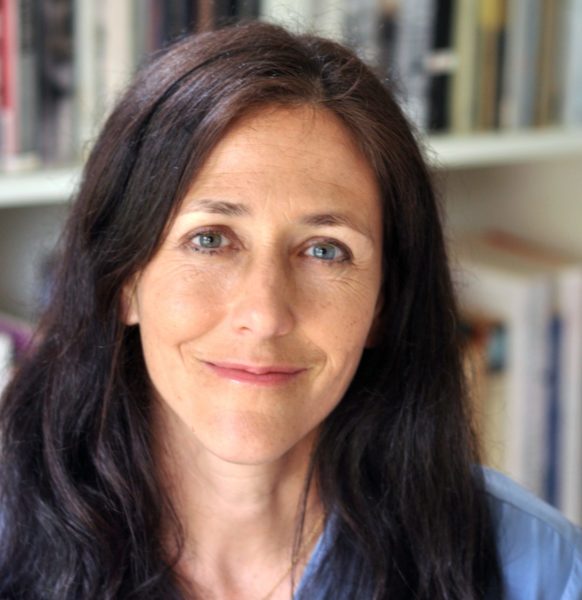
FWA: You’re joining Faber with enormous experience in teaching creative writing. Are there particular areas that you have found aspiring novelists find especially difficult? How do you approach these subjects?
EL: I think the size of a novel is what most aspiring novelists find difficult. It can be quite overwhelming to approach something which will probably take years and various drafts to complete. It can be difficult to figure out how to get perspective on this unwieldy beast and tempting to approach it with a complete structure and outline. But I find a flexible approach serves writers better: think of it like an adventure you are about to embark upon. You’ve packed a bag, but you don’t know what you will find until you are there in the middle of the story.
FWA: Writing a Novel, starts in the middle of the year and runs right through until April 2024, including a three-month break over the summer. How will you be suggesting students use this break time and maintain momentum?
EL: I suggest that they have a writing routine that they utilise during this time, whether it is in the morning for an hour or in several twenty-minute bursts throughout the day. But I will also emphasise (as a writer who has a lot of other things going on – including other work and parenting) that it’s okay not to write every day, to take a break from it as well. I always have my notebook to write down ideas and I find that these breaks from my books are when I come across some of my best ideas. Perhaps they’ll have some weeks over Christmas where they will be on holidays, this might be a good time to read some of the books which are research or inspiration for the novel.
FWA: Over the course of writing your four novels, has your own writing practice evolved? What advice would you give to the Eleanor who started out on her first novel?
EL: I don’t think it gets easier, necessarily, but I feel less anxious about it now. I know there will be periods of not-knowing and of feeling like the entire project is a hot mess. And if I’m stuck, now, I know that I can write something else for a little while and get back to that stuck part later. Whether I skip forward and write the ending or skip to another project entirely, there will be time to fill in gaps later. I’d give the Eleanor who started on her first novel this advice: don’t try to put everything in this one book. There will be time to write other books, narrow your focus to what really matters for this story.
FWA: What will you be looking for in the ‘ideal’ application for Writing a Novel?
EL: I’m looking for intriguing voices, new ways of looking, writing that feels alive and that contains questions – not answers – but questions about the present, past and future.
FWA: Which two or three novels would you recommend students read and why?
EL: Claire Keegan’s Small Things Like These is a masterclass in every word mattering and carrying a great deal of weight. It is a novella that leaves the reader with a sense of having inhabited a different world so deeply. And to me, a classic novel for clever use of non-sequential narrative and language is The God of Small Things by Arundhati Roy. It’s a book about the caste laws in India and multiple generations of a family whose lives are affected by laws regarding who they can and cannot love. It’s extraordinary.
Writing a Novel (Daytime)
with Eleanor Limprecht
SYDNEY
28 July 2023 – 12 April 2024